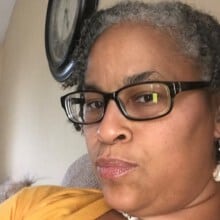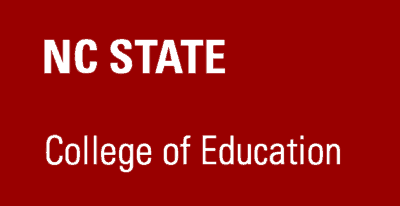My grandma always said that integration was the worst thing to happen to Black folk in schools. Coming from someone who taught in integrated and segregated schools, that carries weight. It did not shock me or surprise me that she and a lot of her peers felt that way. They witnessed history and fought for better education for their children.
I was raised by my grandparents in Cowpens, a surprisingly small town in the upstate of South Carolina. I grew up around former school teachers and always wanted to teach. They spoke of the determination and excellence of their segregated school students despite the underfunded classrooms and poor facilities. What these schools lacked in outward appearance and in the political power structure, they managed to supply the world with its doctors, teachers, carpenters, lawyers, and political leaders of the century. Their determination to excel despite the deficits that society placed on them still inspires me today. It also makes me so sad.
You see, I followed my heart and became a teacher. And I teach every day like my hair is on fire, not only because I like to eat and pay my bills, but because of what I learned at the feet of my gramma and her peers. I learned and have anchored my career in the belief that I cannot be that raggedy Black teacher on the hall, in the PLC, or in the school. I just cannot. My ancestors would rise up. Why? I believe that in America today, more so than in any time in her past, sees race as a hindrance to excellence and a character flaw that allows less than behavior as the norm.
So, I have to be better and work harder to prove to her and anyone who believes that the color of my skin is a pass for “less than.” This is my burden to bear just like my gramma carried her burdens to bear as a teacher for over forty years. The difference now is I do not see the excellence as the product of the work — I see pockets of good deeds wrapped in programs that do not produce the same sense of urgency in our students of color. In the early days of educating students of color, quality education was equated with opportunity for a better life. In the current iteration of schooling, students of color and their parents are, in my opinion, missing the larger message of education.
Today, I see children of color being educated without that sense of urgency. They exist in an educational system that was not created to educate them. They go through the motions of schooling in a daze of data and bureaucracy that boosts numbers like Roland Pryzbylewski told us about in The Wire. Juking stats to make schools and school districts meet state accountability benchmarks are common practice that often leave students of color in a much worse position than their peers.
In my experience, children of color exist in schools as thoroughbred for athletic departments and tokens for advanced placement courses. I yearn for the day when our sports teams and AP classes demographically look the same. I believe that education is the next battleground in our war against racism. I see the stealth political moves to disenfranchise people of color in educational arenas, from defunding early childhood education to challenging affirmative action in college admissions decisions. Students of color and their parents are engaged in a battle for the basic rights of a free and appropriate education that will foster the creation of free thinkers and the future of their children’s children.
As humans we are vested in this battle; not just its outcomes, but the plan. If we sit idly by and allow powers that be to limit or outright default the most innocent of us of the power of an education, what does that say about us? I am a teacher. I am not an administrator, not a coach, and not (anymore) central services staff.
I am telling you that children of color need advocates and allies. Teachers need systems of support to engage in this work and to do right by our students.
Teachers of color need a voice and allies. I strive daily to educate my students in that sense of urgency that education is a right not only for the privileged but for all. I teach diverse works in literature because all my students need to see a world where people of color are vibrant and alive in hope and voice. I teach in a school where I am I the only Black teacher in my department. I teach not because I have to, or I cannot do anything else. I teach because of that sense of urgency to try to stem the tide that I see coming so that my students of color see themselves represented and my white students see a person of color in authority that yields not a ball but a pen.
I teach and learn with my students. I am imperfect, but I rise every morning, put my Black girl magic on every day, and I teach. What do you do every day to fight the war on children of color?





